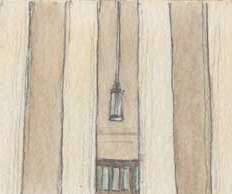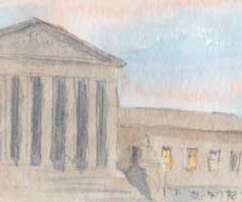Petitions of the week: Three Second Amendment petitions and a Wiretap Act claim against Facebook
SCOTUSBlog
JANUARY 15, 2021
This week we highlight cert petitions that ask the Supreme Court to consider, among other things, whether Facebook plug-ins violate the Wiretap Act and whether the Second Amendment protects an individual’s right to possess firearms outside the home or after a conviction for a nonviolent offense. District of Columbia v.
.png)














Let's personalize your content